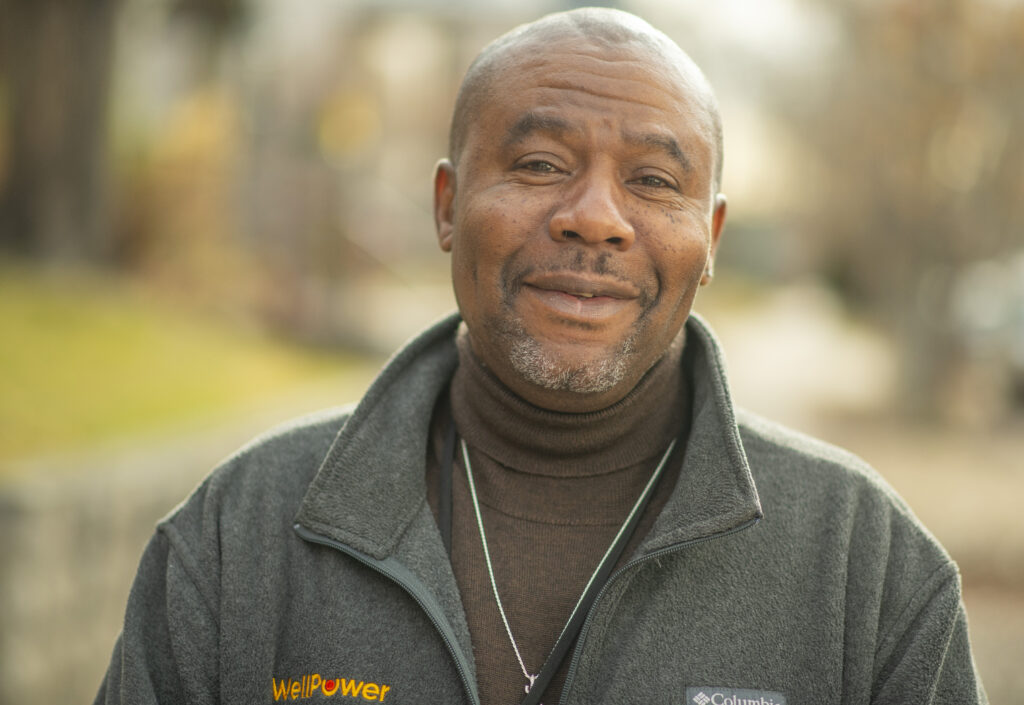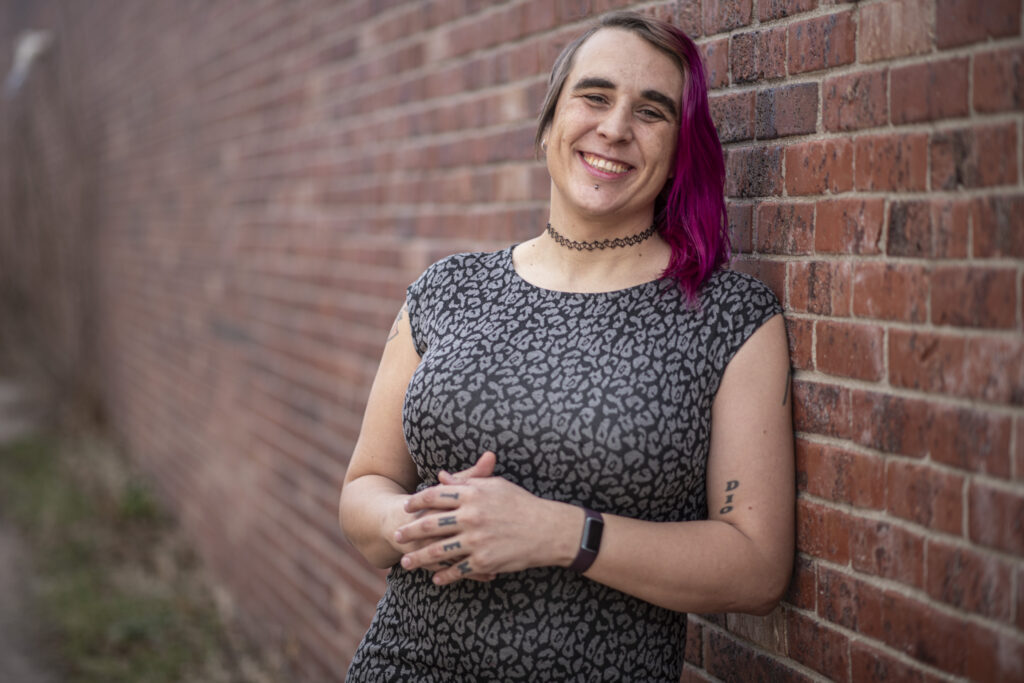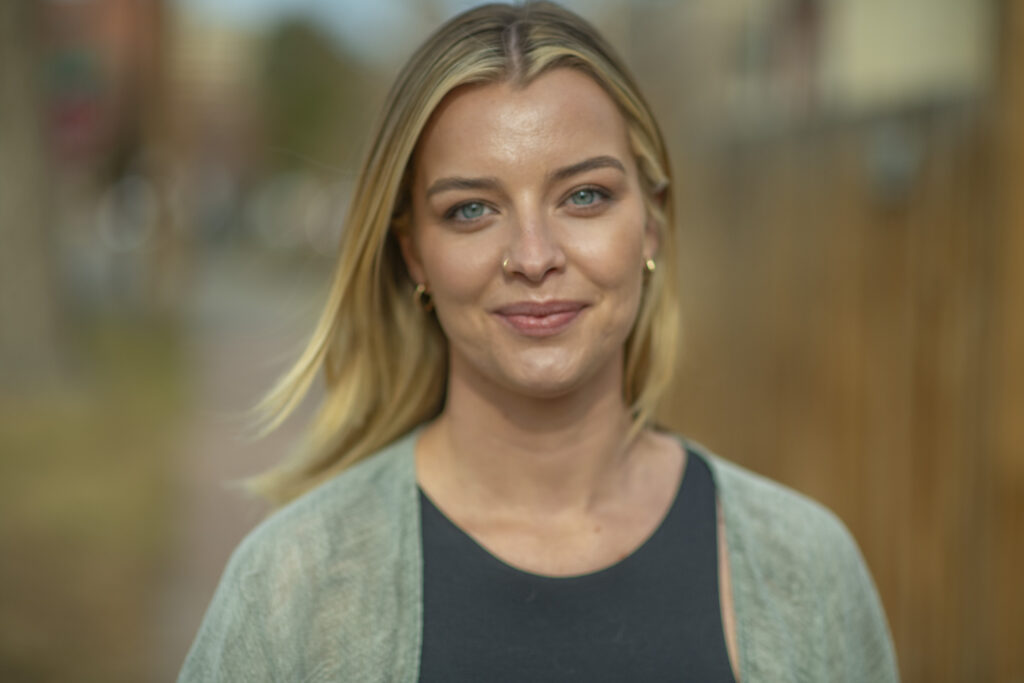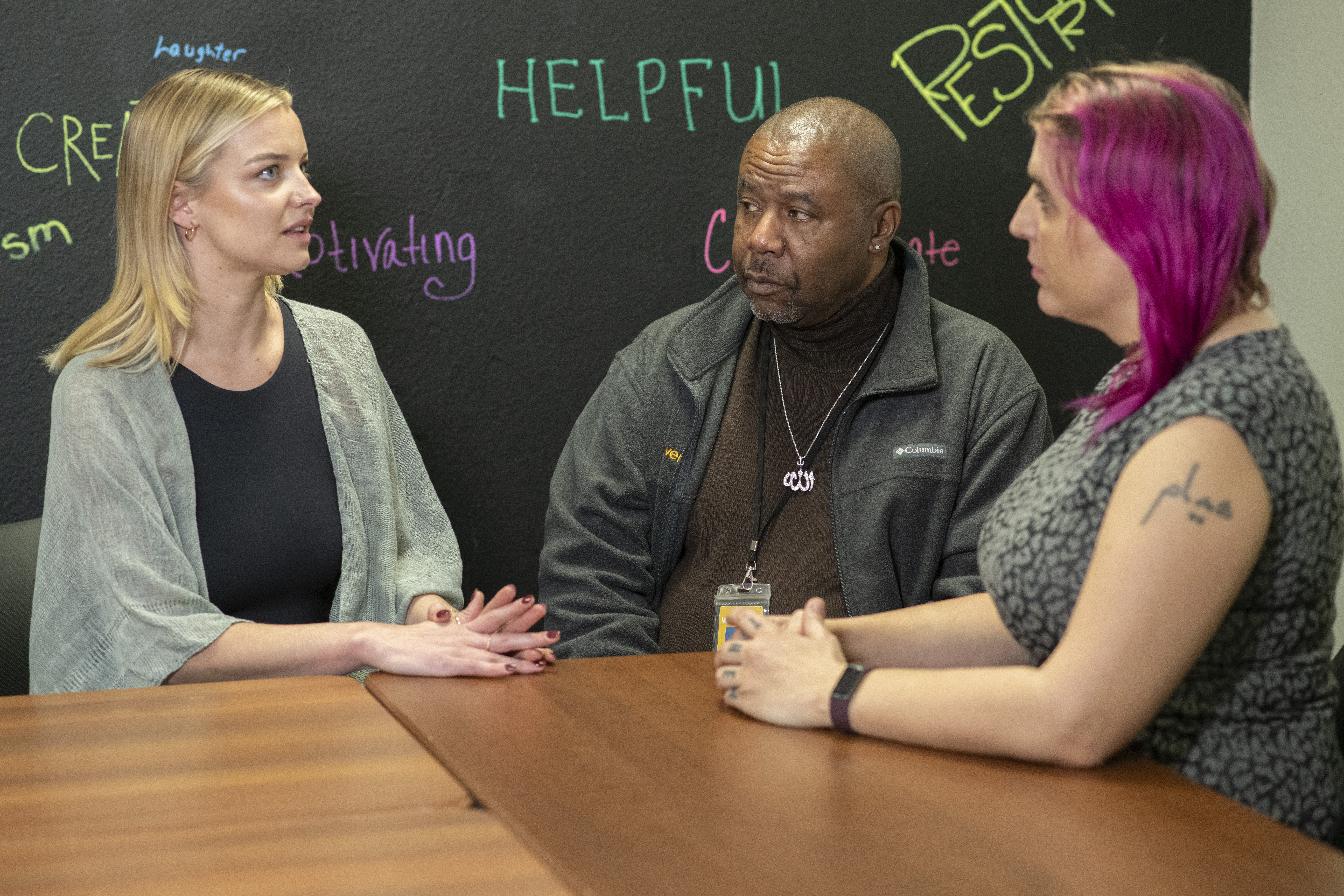In a world where many people think the only ways to receive mental health treatment are therapy and psychiatry, peer support strikes a beautiful balance between “traditional” methods for behavioral health care and the feeling of talking to a trusted loved one. We spoke with three peer specialists at WellPower – Kenneth Smith, Selene Toffoli and Rachael McDonald – to learn more about the program and how it’s making such a difference for the Denver community.
Trial by Fire
Peer specialists are individuals who have found success in their recovery process and feel ready to help others experiencing similar challenges.
The key difference between talking to a peer support specialist versus talking to a loved one is the training peers receive to provide care. At WellPower, we provide training and certification to individuals ready to become peer specialists, with a focus in areas like emotional support, social support, advocacy, hope and mentoring.
Peer specialists offer a unique lens in the way they help people served by using their own experience to relate to people served who are currently struggling.
“I’ve gone through addiction, homelessness, violence, severe trauma, incarceration and brain surgery,” said Kenneth. “My life experience allows me to give back to people in a way that’s impactful for them, because they can see that I was able to make it through to the other side with success. I’ve been in several different services with WellPower, so I’m also able to speak to that and help reassure people that getting into other programs doesn’t have to be scary.
“WellPower offers resources to people who are struggling to find their way. When people are open to advice and help and allow themselves to be redirected, then change is possible.”

“I’m getting paid to do what I’ve always done”
In many cases, part of being a person on their mental health recovery journey means also being the person others come to when they face similar struggles. While venting to a friend can certainly be helpful, the training peer specialists receive puts them in a position to offer constructive feedback, connection to resources and advocacy for other forms of treatment that could also be beneficial. Additionally, many peer support specialists can speak to the specific programs available at the organizations they work for, like WellPower.
“I wasn’t finding the success I wanted in the creative sphere and increasingly frustrated with the lack of accommodations afforded by retail and labor jobs, so I knew I needed to do something different,” said Selene. “I remember feeling unqualified for the peer specialist role, but then I took the Intentional Peer Support class at NextChapter and an hour into the first class, I was like, ‘oh, this is just how I always talk to people.’
“I felt like I’d already been doing this for years, and in fairness, I had been – just without the formal training or job title. It feels amazing to take something I know I’m good at – something I know helps people who are part of my LGBTQ+ community – and build relationships and bridge gaps.”

Mutuality Makes the Difference
Peer support offers a key component that can make seeking help easier for someone who may be hesitant: mutuality.
“I’m in somewhat of a unique position, since I am working towards my license as a therapist and I am currently a peer specialist,” said Rachael, part of the TherapyDirect program. “Throughout my education and career so far, one of the biggest differences I’ve noticed between traditional therapy and peer support is that peer specialists can say things like, ’Oh my god, me too. This was my experience, does that resonate with you?’ We can open up more casual conversation based on mutual connection to help people reach a place of hope, empowerment and recovery.”

Kenneth, Selene and Rachael all agree that one of their favorite parts of their jobs is building connections to help people find hope in ways that are impactful for them. Their journeys to get to this point have been miraculous, painful and beautiful.
“When I think of my journey up to this point, I like to say that I’m not flying, but I’m slowly perfecting falling with style,” said Selene (in reference to Disney’s “Toy Story”). “I’m not less of a mess than I used to be, but I have found ways to make the mess work for me. I think that’s part of the beauty of peer support. You don’t have to be perfect to make an impact.”


